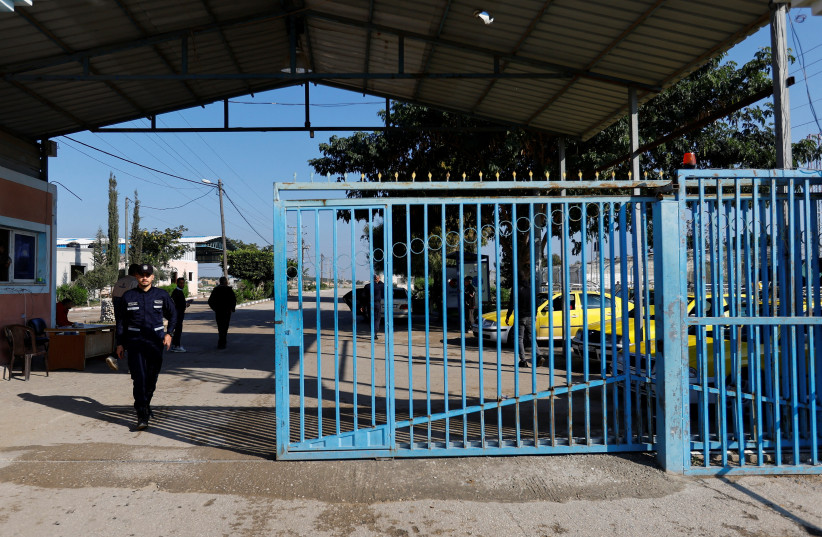Israel Police will curb the number of worshipers in the Church of the Holy Sepulchre in Jerusalem for safety reasons during Orthodox Easter ceremonies on Saturday, drawing anger from church leaders, who said they would not cooperate.
With huge crowds expected in the cramped alleyways of the Old City, the restrictions – which will slash the number of worshipers to one-fifth its size in recent years – are aimed at ensuring safety for thousands of Christian worshipers, as well as Muslims and Jews holding their own celebrations, police said.
However, the decision to limit access on Saturday to the Holy Fire, the most important Easter celebration for the Eastern Orthodox Church, angered church leaders who saw it as part of what they consider long-standing efforts by Israel to restrict the rights and freedoms of the local Christian community.
Complaining of “heavy-handed” measures, they said they would not cooperate with police.
“We shall continue to uphold the Status Quo customs, and the ceremony will be held as customary for two millennia and all who wish to worship with us are invited to attend,” the Greek Orthodox Patriarchate, the Custody of the Holy Land and the Armenian Patriarchate said in a joint statement.
In contrast to previous years, when as many as 10,000 worshipers packed into the Church of the Holy Sepulchre, only 1,800 will be allowed inside this year, with another 1,200 outside. Additional checkpoints around the Old City will also restrict access to the area around the church.
Police insisted that limiting the number of participants is not a result of a police initiative, but a necessary safety requirement, according to the professional analysis of the safety engineer on behalf of the churches.

This year, the sensitivity around religious festivals in the Old City has been particularly high, with Ramadan, Passover and Easter coinciding at a time of heightened tensions.
“When I look ahead, Ramadan is still a sensitive period,” said Israeli military spokesman Daniel Hagari, adding that the coming Friday, which could be the last Friday during Ramadan depending on the lunar calendar, was being watched particularly closely. “We are in full readiness,” he said.
The issue of access to the Old City for Christian worshipers was not directly connected to the tensions between Muslims and Jews at al-Aqsa Mosque, where Jews are allowed to visit but not pray.
Christians feel shut out of Old City
But it reflected complaints from Christians that they are being gradually but systematically shut out of the Old City by Israeli authorities, who they say are upsetting longstanding status quo arrangements between the three communities.
The churches say the Holy Fire ceremony on the Saturday before Orthodox Easter, when a light is held to emerge from the tomb of Jesus, has been held safely for centuries with five times as many worshipers as the authorities are allowing.
Police say a deadly stampede during Lag Ba’omer at Mt. Meron two years ago, when 45 people were killed, underlined the risks of large crowds of worshipers gathering in restricted spaces.
